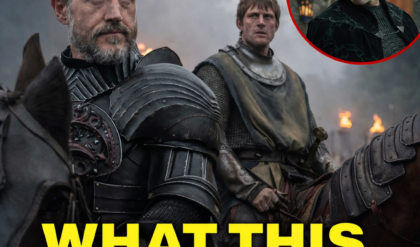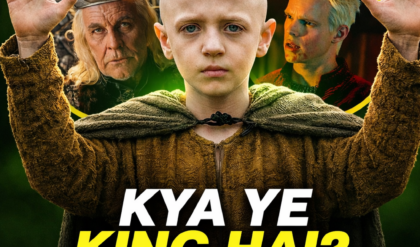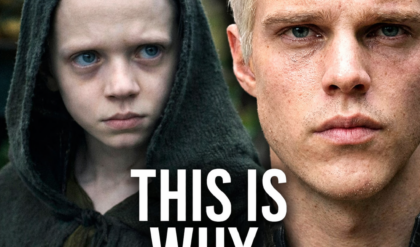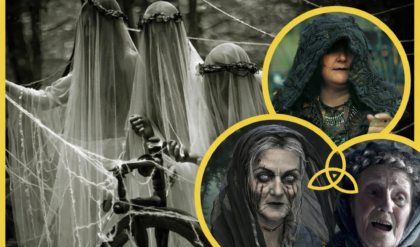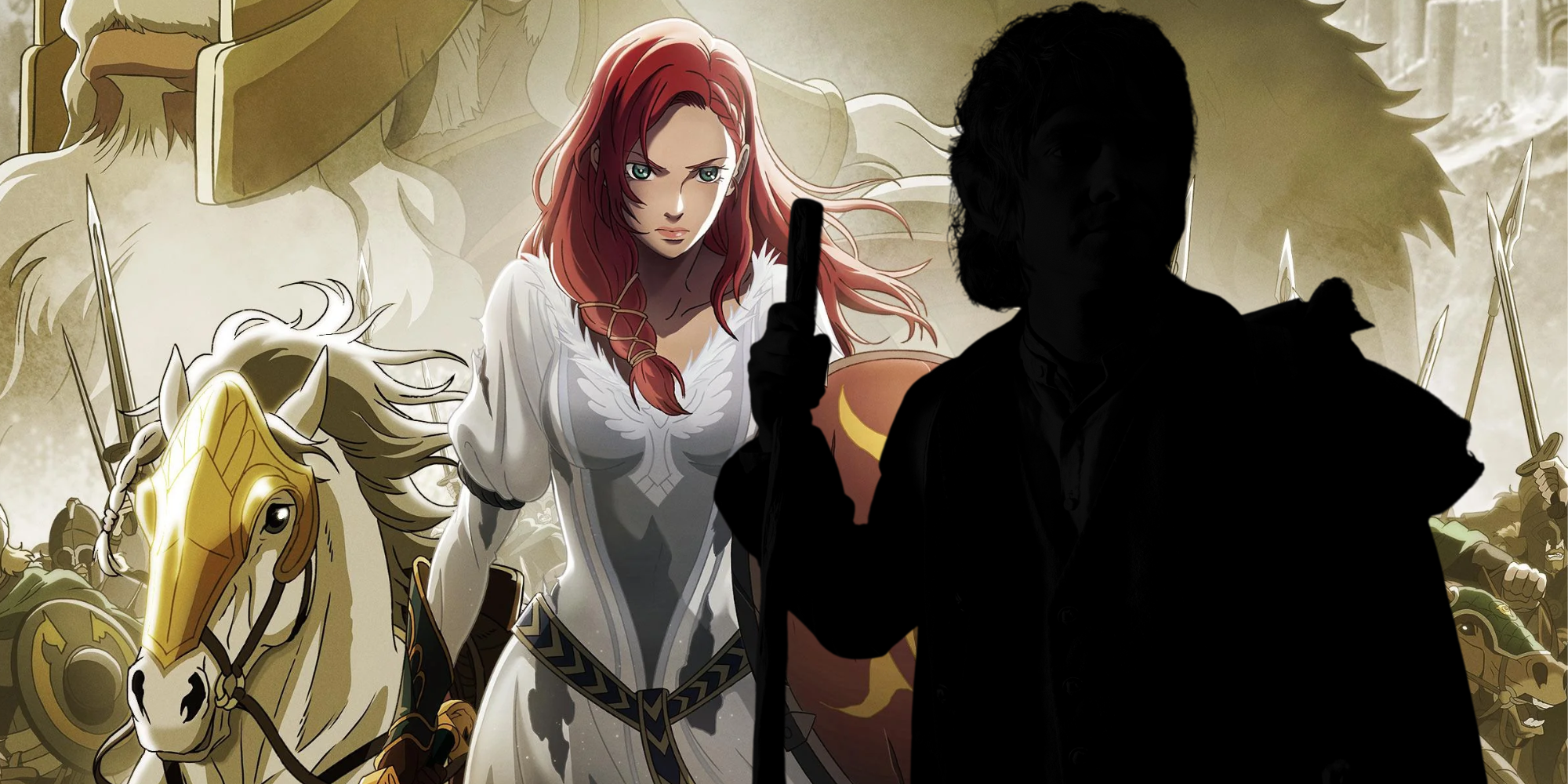
The War of the Rohirrim lacked any presence or real mention of hobbits, despite how important they are in the franchise’s overall story. To some extent, this made sense, especially given the veritably esoteric nature of the plot. At the same time, it showcased some of the biggest problems with the movie’s very existence and how it felt like a somewhat forced part of the brand.
The War of the Rohirrim Overlooks The Lord of the Rings’ Most Important Race
The Hobbits are Nowhere to Be Found In the Anime Movie
The events of The Lord of the Rings: The War of the Rohirrim take place nearly 200 years before the main story in the franchise (which is simply referred to as The Lord of the Rings in the original novel form). It’s based on appendices by Tolkien himself, though there are some elements of the movie that definitely change canon. In the new anime film, Héra, the film’s protagonist, is embroiled in battle defending Rohan’s people against the army led by her ex-childhood friend, Wulf.
In the end, Héra Hammerhand defeats Wulf in battle, though that conflicts with Tolkien’s original text. By making this change, the movie’s fidelity strikes a fierce line in the sand compared to previous films in the franchise concerning accuracy to the source material. It’s not the only major difference between these movies, however, especially given the absence of a certain species of Middle-Earth creatures.
One of these was the initially uninterested Bilbo Baggins of Bag End, who embarked on a tumultuous quest and eventually found a mysterious ring. This was the One Ring, which his young cousin Frodo was later tasked with destroying. He was joined on this adventure by his friend and fellow hobbits Samwise, Merry and Pippin, not to mention a full-fledged fellowship of other races. This would all take place decades and even centuries after what happened in The War of the Rohirrim, but the lack of hobbits in the new anime movie is still noticeable given the very morals of the franchise.
Why Hobbits are So Important In The Lord of the Rings
The Simple Species Reflected Tolkien’s Own Personal Leanings
Still, it’s the hobbits who end up finding the One Ring and being the race tasked with destroying it. The result is that Frodo has the most important task of all the fellowship, and it falls in line with many of Tolkien’s own edits and why he wrote the series. The Lord of the Rings was in many ways meant to illustrate the horrors of war, with J.R.R. Tolkien seeking the villainous Saruman and Sauron as analogous to the evil that he faced in World War I.
Similarly, the horrifying state of Mordor symbolizes the author’s fears and distaste for the industrialized world and what it meant for life as he had known it. In the end, he was far more appreciative of the simple life, with the pastoral setting of the Shire being as much of a home to him as the hobbits. The hobbits themselves are neither boastful nor braggadocious and will have a hot meal over a lifetime of adventure. This simplicity and humility separated them from other species in Middle-Earth, especially humans and the somewhat pompous elves.
For this reason in particular, it makes sense that Frodo, a hobbit, is able to resist the allure of the One Ring and go off to destroy it. While Bilbo is temporarily swayed by it, Gandalf is eventually able to command him out of his stupor. At the end of the day, Tolkien loved hobbits the most because they were the most like him. Thus, their absence in the new movie speaks to some of its biggest problems in terms of representing the lore.
The War of the Rohirrim’s Biggest Problems are Reflected by the Lack of Hobbits
The Anime Movie Felt Like an Unnecessary Addendum
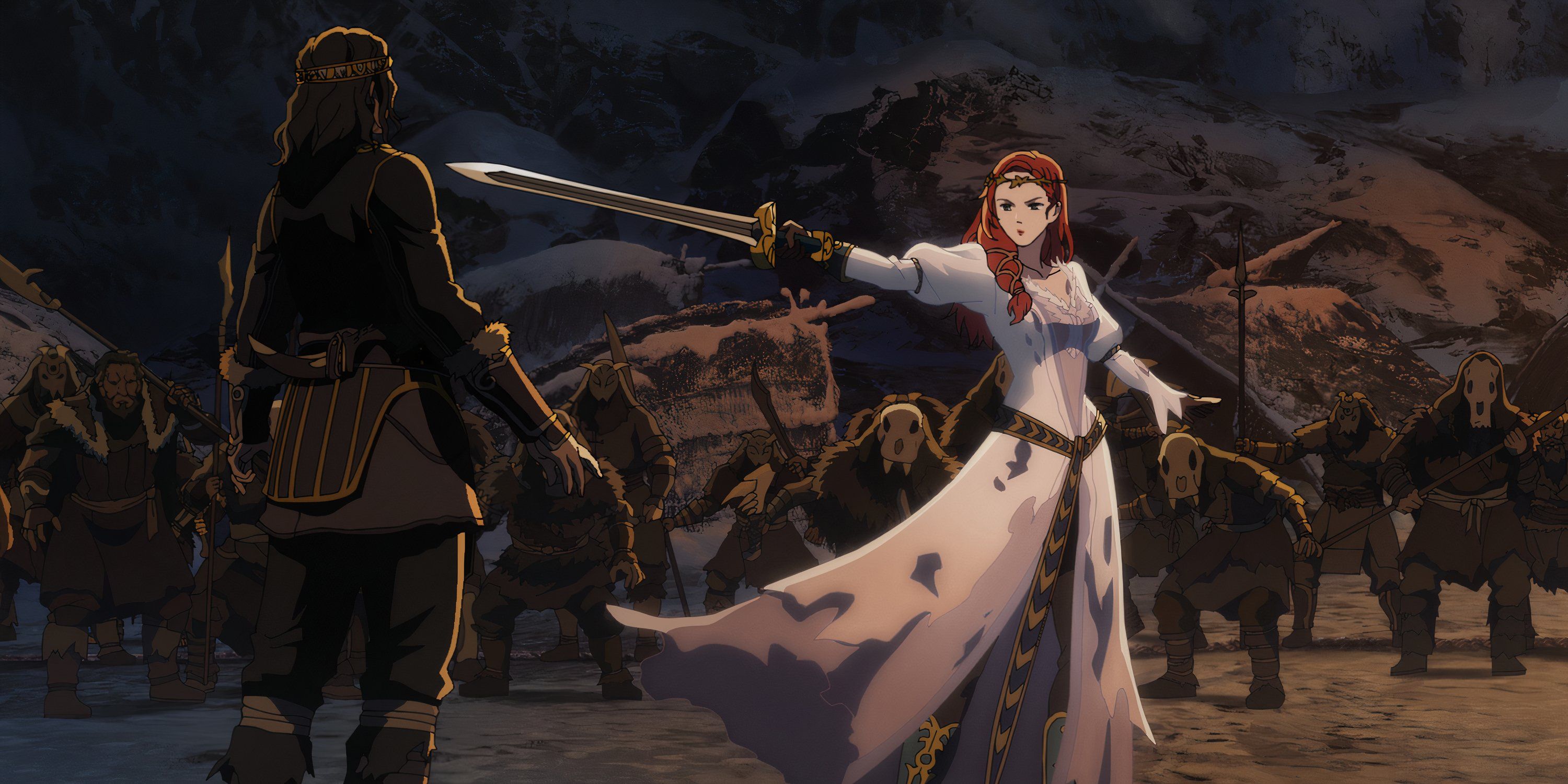
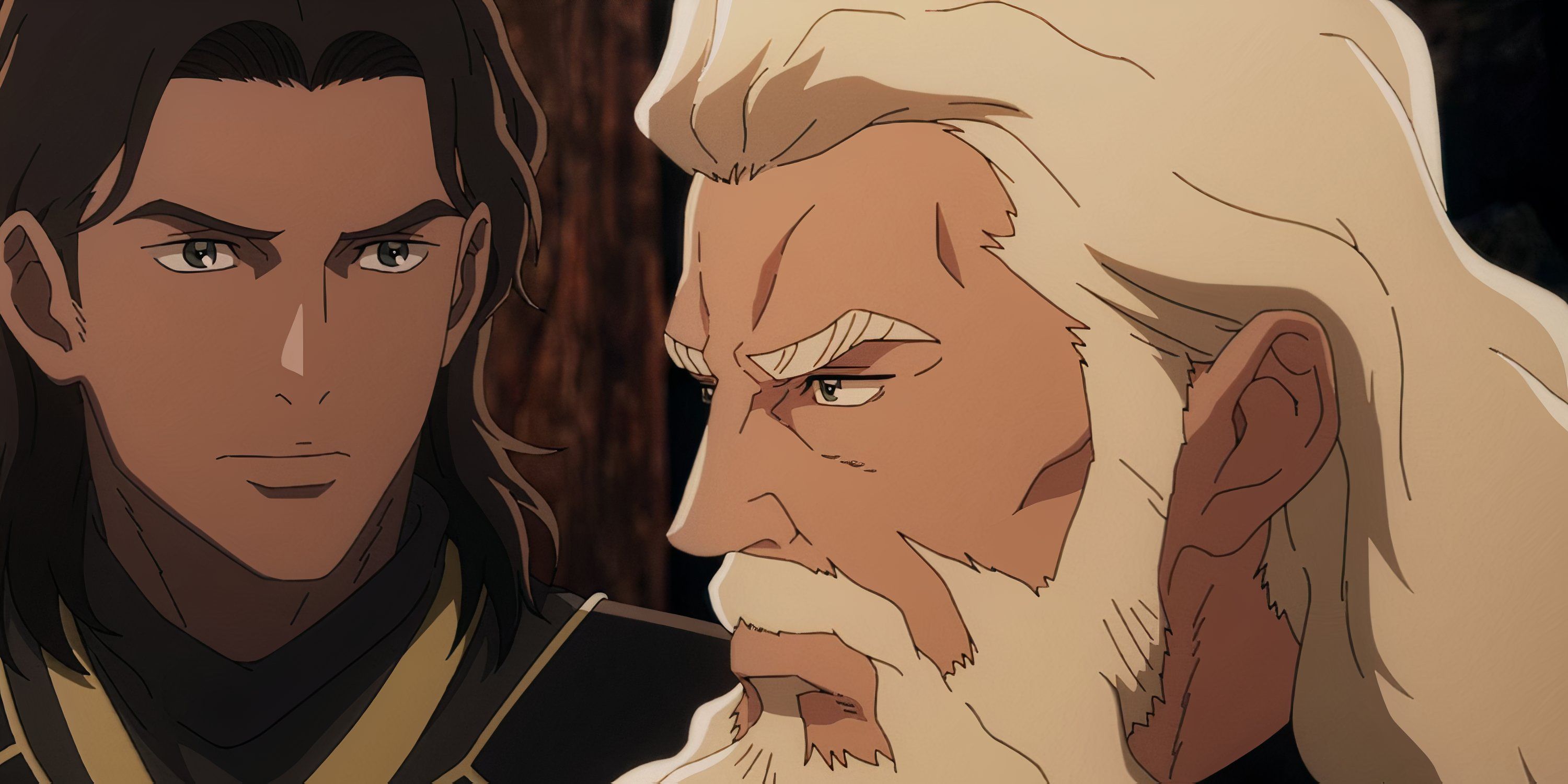
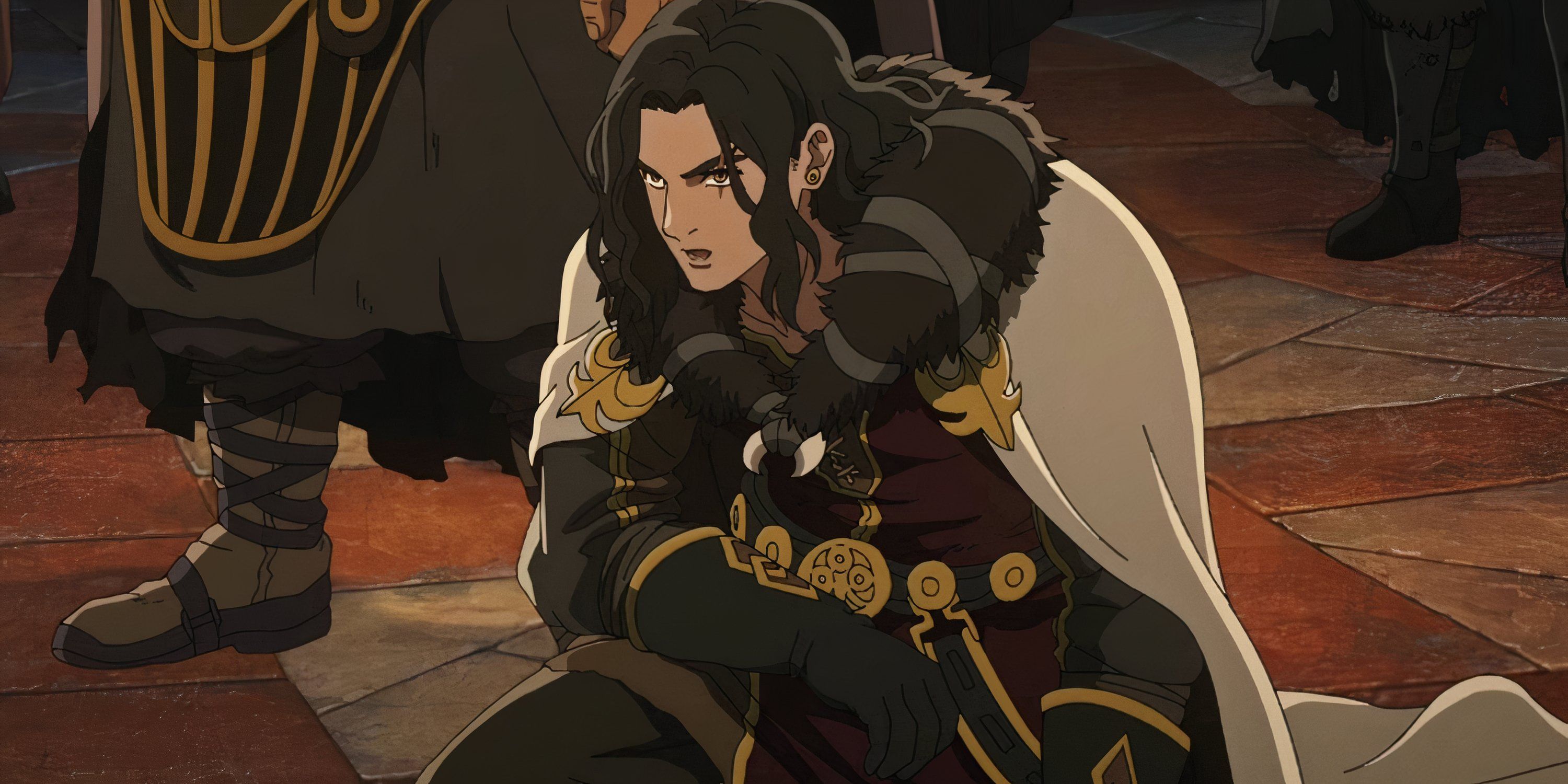
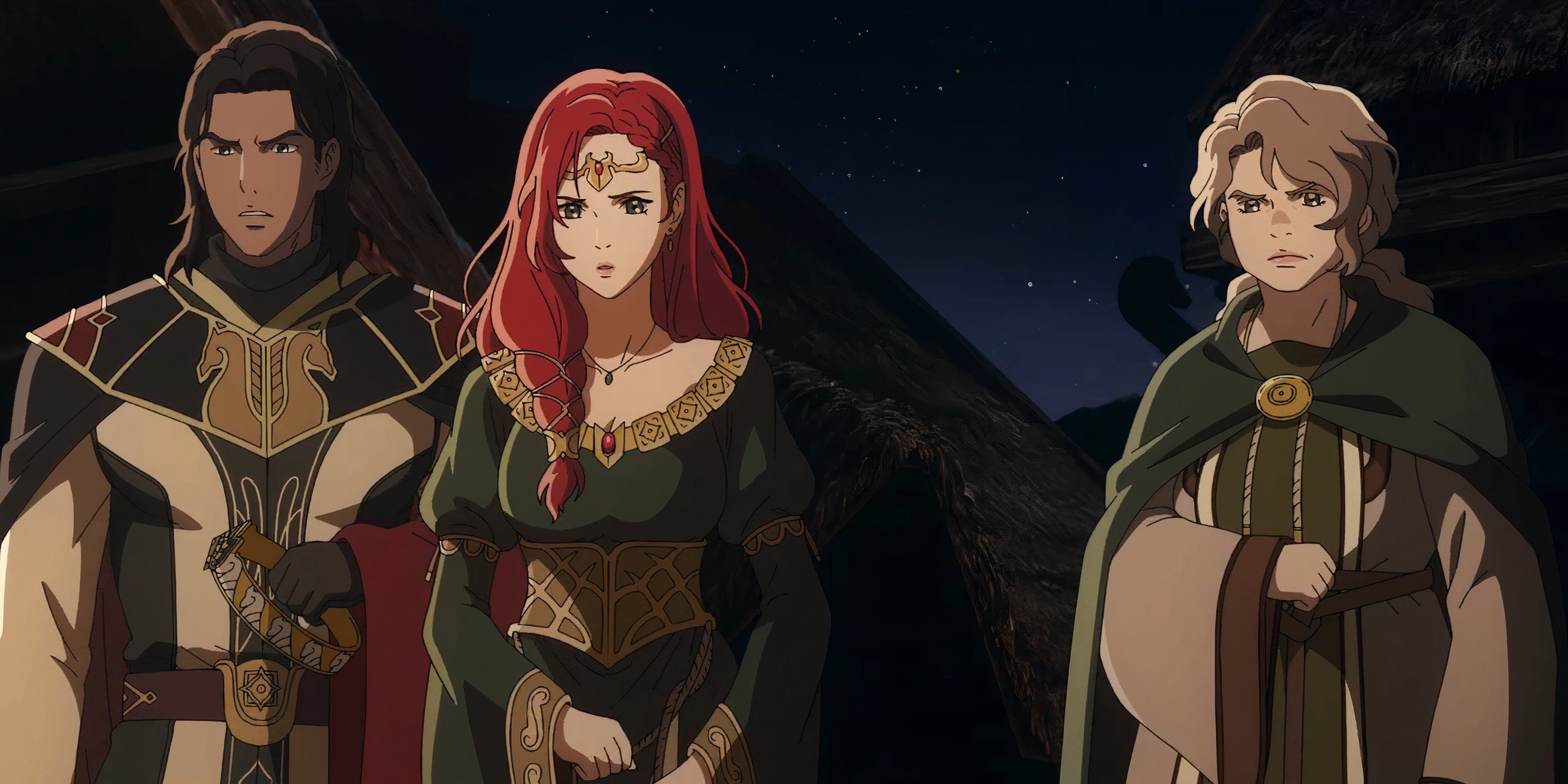
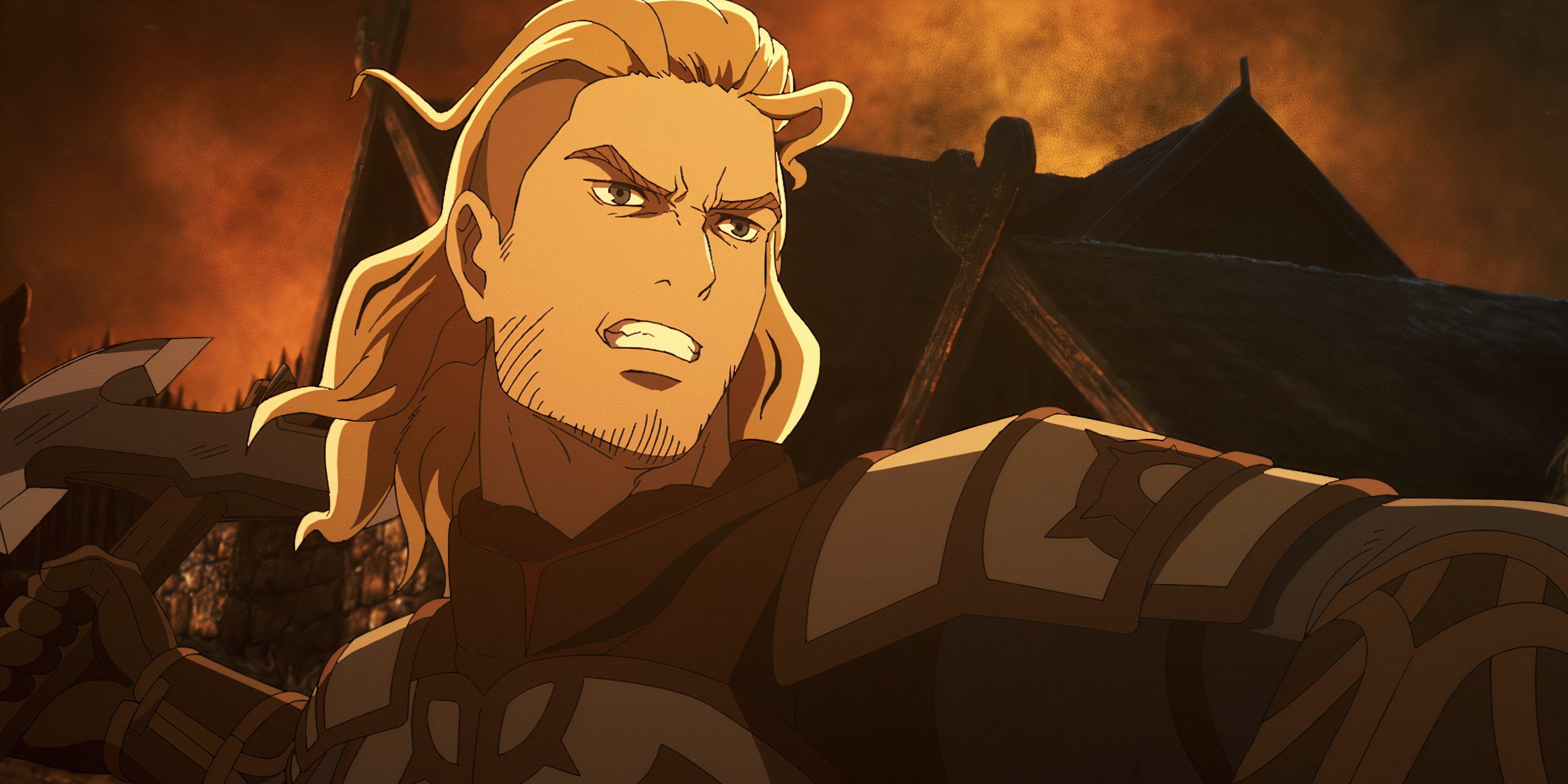
The Lord of the Rings: The War of the Rohirrim is now being considered as a rather blatant attempt to simply maintain the cinematic rights to the franchise on the part of Warner Bros. Discovery. To this end, it felt like a forced addition to the movie series. The story, as noted, wasn’t even fleshed out in the source material, and the fact that so much of it was made up or contradicted what Tolkien wrote wasn’t exactly received pleasantly. Instead, it’s merely an addendum based around, of all things, a veritable war. This felt almost antithetical to Tolkien’s themes, and the lack of hobbits was only one reflection of that.
The race that Tolkien admired the most wasn’t in The War of the Rohirrim, and it easily could have been. After all, since so much of the story was made up, there could have been some sort of major reference to the simple creatures. If nothing else, this could have been done by the people of Rohan in an arrogant manner, comparing themselves highly next to the simplistic hobbits. It would have gone a long way to show just how humble and content the hobbits are, even if they weren’t even there.
Said absence might even strengthen the argument that these are the purest of beings in Middle-Earth, as they’re too busy in the Shire working and enjoying life to compare themselves to others. It would be easy to see how men and even elves might be swayed by the One Ring, and how a meek hobbit would be the complete opposite. Conversely, there was a brief appearance by orcs in the Lord of the Rings anime, and this was only to set up the events of the main story in the series.
Héra Hammerhand spots orcs who are searching for a ring at the command of their master, though she isn’t sure of the true nature of this quest. Likewise, the end of the movie has Héra going off to meet the wise wizard Gandalf and discern the truth about the orcs’ mission. This is essentially a preview that dives into the quest for the One Ring in stories to come, though it also feels fairly tacked on and almost like sequel bait. If this was able to end up in the movie, there was no reason to keep hobbits out of the story. As things stand, the film is the only major adaptation of The Lord of the Rings to not have hobbits at all. Perhaps in focusing more on a war story that changed canon, the movie was less interested in what Tolkien himself had to say about the hobbits and more intrigued by simply using the brand’s name for a quick anime production.
